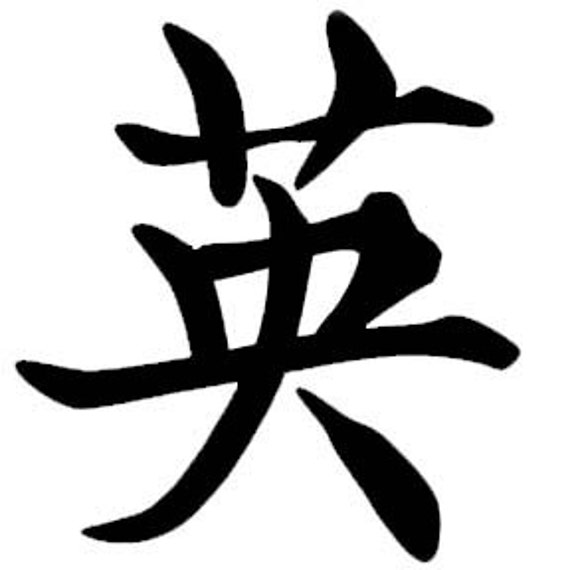You should learn the kana first (hiragana and katakana, especially hiragana). Try to learn a row (like k+[a i u e o] = か き く け こ

per day, and just write them a lot (following the stroke order, it is important). This should be enough. It's also important to learn how them work, like the double consonants and youon. I think
this have everything.
Next, I think you should at least learn how kanjis work. You don't have to memorize them right away, but being at least familiar with them when learning vocab helps a lot.
These two links explain it well IMO.
Then since you don't have much time, choose grammar or vocab next.
Learning vocab is pretty easy with things like Anki and Memrise, and it might take only 15 minutes of your day.
Or grammar which will demand a little more time from you. I recommend Tae Kim.
You can do both with textbooks like Genki if you like them.
And then just practice, practice and practice. You can write stuff for correction at lang-8. I really like the
/r/LearnJapanese subreddit as well(They have a nice
FAQ, lots of resources). And it's really important to immerse yourself with Japanese right from the star. Music, games, anime, dramas, whatever you like.







